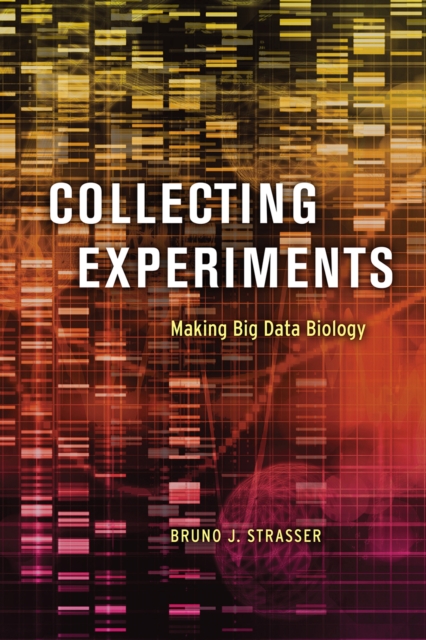CITESTE MAI MULT
Detalii
Descriere RO
Databases have revolutionized nearly every aspect of our lives. Information of all sorts is being collected on a massive scale, from Google to Facebook and well beyond. But as the amount of information in databases explodes, we are forced to reassess our ideas about what knowledge is, how it is produced, to whom it belongs, and who can be credited for producing it.
Every scientist working today draws on databases to produce scientific knowledge. Databases have become more common than microscopes, voltmeters, and test tubes, and the increasing amount of data has led to major changes in research practices and profound reflections on the proper professional roles of data producers, collectors, curators, and analysts.
Collecting Experiments traces the development and use of data collections, especially in the experimental life sciences, from the early twentieth century to the present. It shows that the current revolution is best understood as the coming together of two older ways of knowing—collecting and experimenting, the museum and the laboratory. Ultimately, Bruno J. Strasser argues that by serving as knowledge repositories, as well as indispensable tools for producing new knowledge, these databases function as digital museums for the twenty-first century.
EdituraThe University of Chicago Press
Dimensiuni154 x 228 x 23
Data Publicarii17/06/2019
Format
Necartonata
Numar pagini392
Aceasta este o carte in limba engleza. Descrierea cartii (tradusa din engleza cu Google Translate) este in limba romana din motive legale.
Bazele de date au revolutionat aproape fiecare aspect al vietii noastre. Informatii de tot felul sunt colectate la scara masiva, de la Google la Facebook si mult mai departe.

